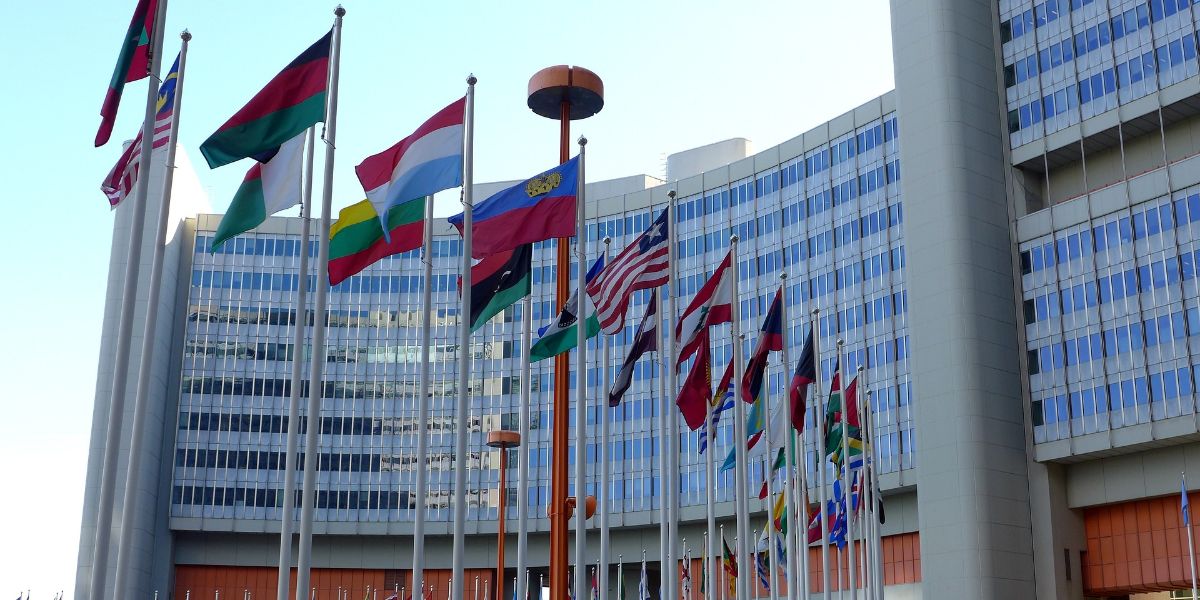UN Resolution 78/230 of 22 December 2023 established an ad hoc intergovernmental committee to draft terms of reference for a UN framework convention on international tax cooperation. The first session of the ad hoc committee is being held between 26 April and 8 May 2024.
On 30 April and 1 May 2024, as part of the discussion on substantive elements of the framework convention, the committee considered some possible topics for high level commitments to be included in the convention.
DRM and capacity building
Participants pointed out that domestic resource mobilisation (DRM) and capacity building are in reality two separate issues. Tax is a tool for funding the sustainable development goals (SDGs) and DRM is a much broader issue that is vital to achieve the SDGs. To achieve DRM there is a need to ensure that adequate tax is paid by multinational enterprises (MNEs) and by high net worth individuals (HNWIs). Also there needs to be a fair allocation of taxing rights between countries, to allow each country to collect adequate tax on activities in its territory.
Some delegates noted that the ability of capacity building to help countries increase their tax collection is limited by the allocation of taxing rights between countries. Fair allocation of taxing rights requires changes at an international level. The imbalance of taxing rights is currently an obstacle to DRM. One important factor is that countries must adopt policies to ensure that taxation occurs where the activities take place, whether there is physical presence in that country or not.
HNWI taxation
Brazil has the G20 presidency in 2024 and is focusing on discussion of taxation of the super-rich among other issues. The G20 Finance Ministers have looked at the issue and the economist Gabriel Zucman has produced a proposal that would require a minimum income tax to be paid by the wealthiest individuals equivalent to 2% of their wealth. Their income tax would need to be topped up to this amount if their global tax paid fell below 2% of wealth.
The participating countries considered taxation of HNWIs this to be an important part of DRM. A co-ordinated approach could be taken internationally, setting out various options. Also, an asset recovery registry could be considered, looking at different options for how to achieve this.
Environmental challenges
Participating countries considered that environmental challenges should be also addressed by the framework convention. The issues are urgent and countries need to reach the climate goals through global action to raise revenues for investment. Various tax measures are possible to deal with environmental challenges, including an indirect tax on polluting items.
Business prioritises short-term gains over environment and legislation is therefore needed to incentivise private sector investment in environmental projects, with accountability and transparency. Various policy options are possible, including carbon taxes and other non-tax methods for pricing carbon. International co-operation is required on carbon mitigation and to assess the effectiveness of the various approaches. The high-emitting developed countries should contribute more than the low-emitting developing countries, on the principle that the polluter pays. However, the provisions of the framework convention should not impede developing countries in attracting investment.
Taxation of multinational enterprises and of cross-border transactions
A number of countries expressed the need to build on the work of other international organisations and take advantage of the synergies. The fight against BEPS has been the focus in recent years and can be continued. The agreement on the OECD’s Pillar 2 should be the starting point for additional contributions that could be made. The global minimum tax can cover profits that are not currently taxed; can relieve tax competition; can give some countries more room for manoeuvre; and this should be the basis for further discussions. Duplication must be avoided as the existence of two sets of standards would create uncertainty. The Inclusive Framework is in the final stages of the discussions on Amount A of Pillar 1. The negotiations currently underway should be respected, and the framework convention should not undermine these negotiations.
A different view expressed by a number of countries was that the current rules are not sufficiently beneficial for all. All options must be on the table, with each jurisdiction deciding on the most appropriate approach for them. The framework convention should be broad based and cover every aspect of tax that affects DRM. The issue of taxation of multinationals is closely connected to the goal of DRM, and therefore needs to be addressed through the Framework Convention. Taxation of multinationals should be broadly based and receptive to the needs of countries who feel that existing instruments have not served them. A point made by Kenya was that developing countries are more dependent on corporate income tax (CIT) than developed countries and their CIT mainly comes from the multinationals operating in their territory. According to this viewpoint, countries should not be expected to implement policies that they were not involved in formulating.













